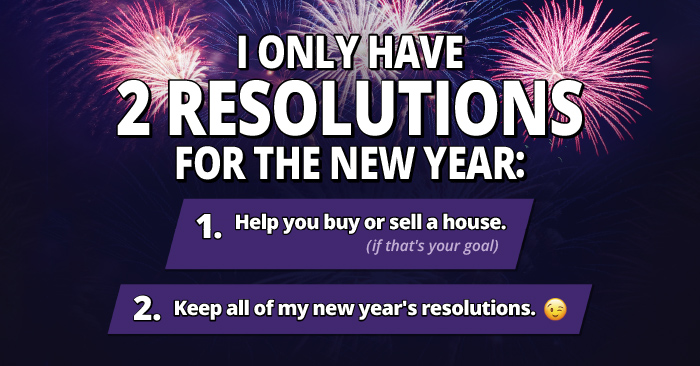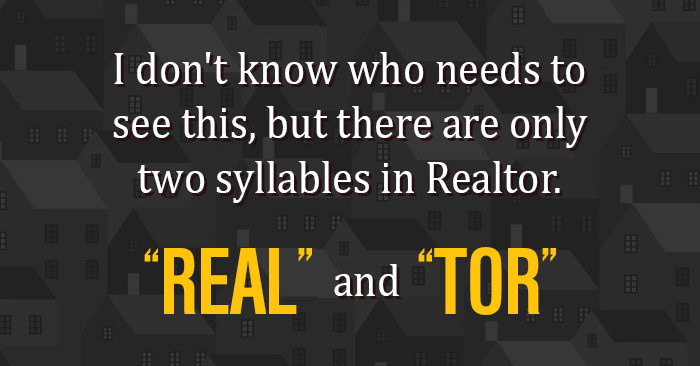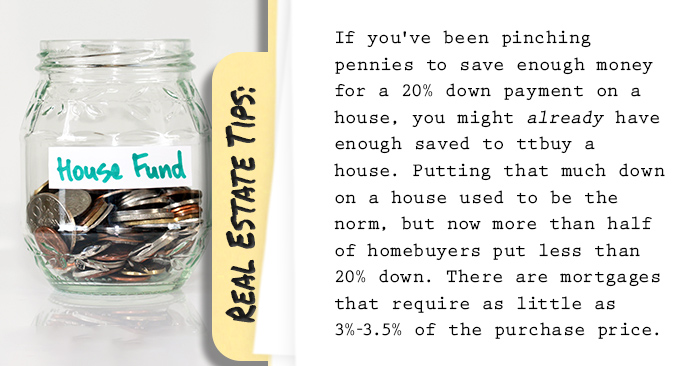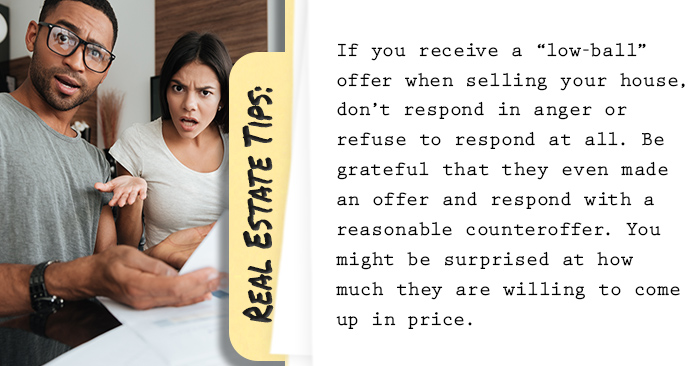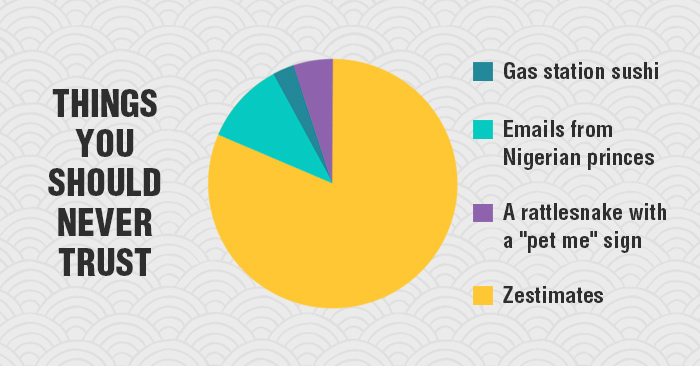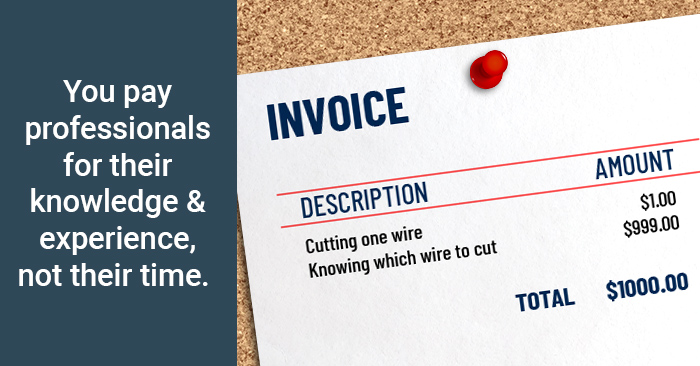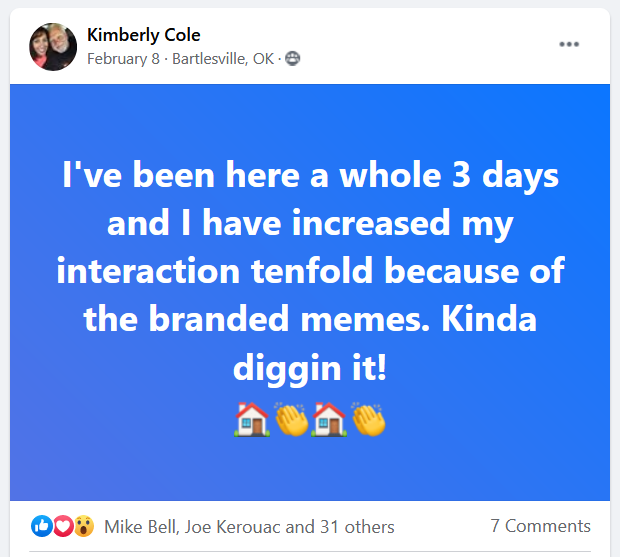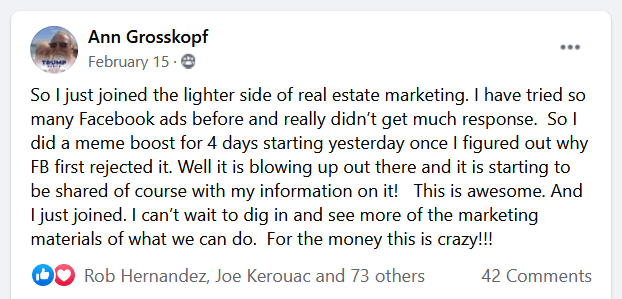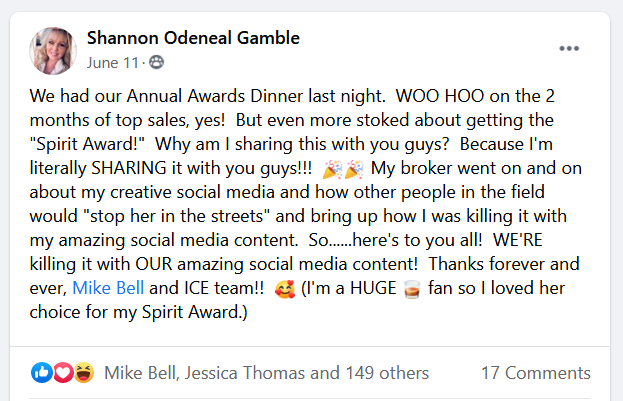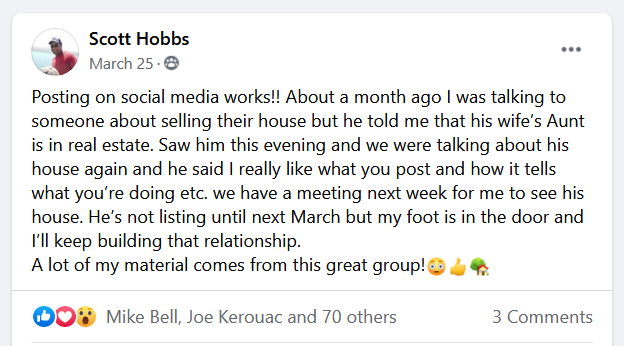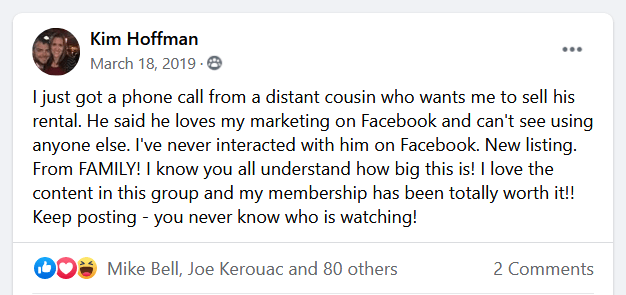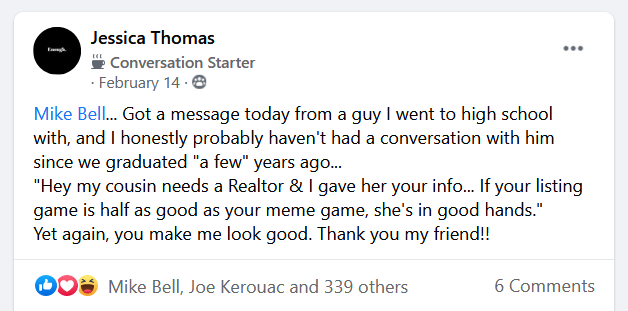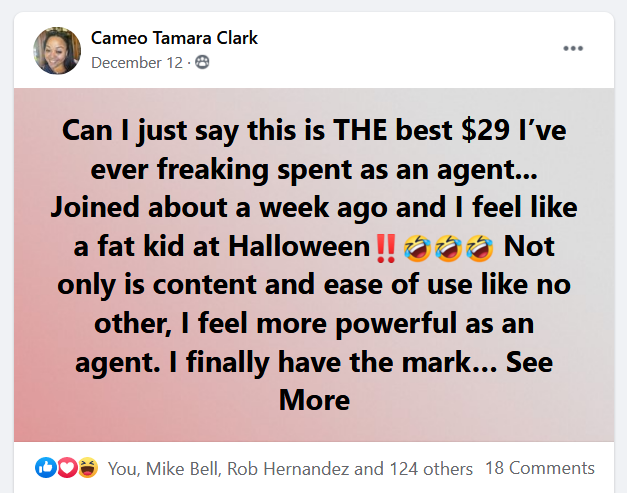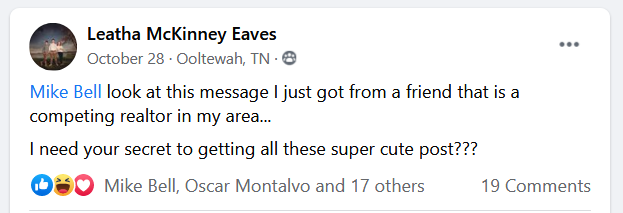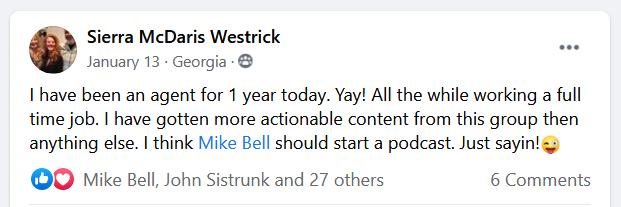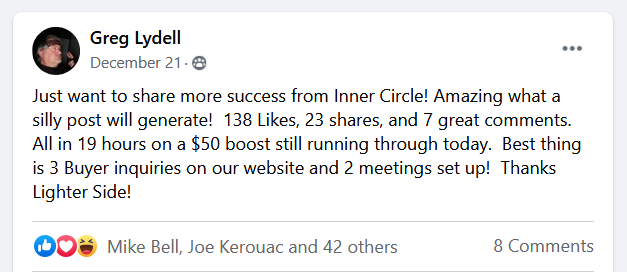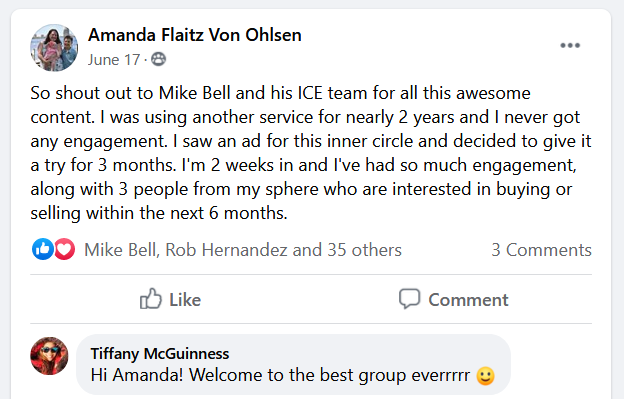6 Rarely Considered Things You Should Know Before Becoming A Real Estate Agent

If you’re thinking about becoming a real estate agent, you’re probably aware that you don’t make a dime until (and unless) you sell a house. You’re probably even okay with that. It isn’t shocking or any secret.
You’ve probably also been told how it could take a little while to make your first sale. Of course you hope it won’t take as long as everyone says it does, but you’re aware and prepared for it if it does.
You’ve considered that stuff…
That’s not the stuff we’re talkin’ about here, though. This is about the things agents rarely find out about until they’re in the business. Once they go through any of these things, they realize they’re not alone—almost every agent goes through every single one of the things below. Yet most agents never have a clue about them until it’s too late.
Unfortunately, these realities often spell disaster for what could’ve been a great career for many agents who just weren’t prepared for these surprises.
So, take a few minutes to soak in the following truth bombs. Accept them. And consider our advice on how to roll with the punches, if not entirely avoid them.
1. Friends and Family Will Hurt You
One of the first things people will train you to do in this business is to “work your sphere.” Basically that means reach out, or market to, your closest friends and family—the people who already know and trust you. After all, they should want to see you succeed and help you to do so.
But the reality is, friends and family aren’t necessarily going to be as helpful as you’re led to believe (or hope) they will be. In fact, they could be the entire opposite…
It’s super common for friends and family to discourage new real estate agents. They’ll ask things like, “Do you have a back-up plan?” or “When are you going to get a real job?”.
But that’s not even what we mean when we say they’ll hurt you…
What we’re really talking about is when they buy or sell a house with another agent, knowing full well you’re a real estate agent and that you could use the business.
When that happens, it hurts. It can literally ruin friendships and family relationships, and letting it get to you can get in the way of developing your business if you let it.
So, do this:
Expect this to happen. When it does, sure, take a moment to be pissed off or hurt. Then shake it off and move on. Sounds easier said than done of course, and that’s true. But knowing this is normal and will happen ahead of time will cut down on your learning curve and help you accept it and move on as quickly as possible.
2. You Need To Keep “Making It”
As mentioned above, you’re probably already aware that it takes some time to make your first sale. But once you do, hopefully another deal closes pretty soon after that. And then, boom, maybe you have a couple lined up not too long after that. Before you know it, you’re “making it” in the business.
Ideally, once you get that kind of momentum, you can keep your pipeline of prospects full and have at least a few deals in the works at all times. But the reality is, most agents don’t ever get to that point. There are lulls. There are times you have no clients in the works and no closings on the horizon. So you find yourself, once again, back at square one trying to scrape together one deal as soon as possible. Many agents go through this in an up and down manner constantly.
The reality is, there’s no magic point at which you’ve “made it.” You’re going to be in a constant state of “making it.” (Even if you become a top producer.)
So, do this:
You need to continuously be doing everything you can to have clients in the process of buying or selling, and some who will be doing so in the near and far future. Reach out to friends and family all the time. (Yes, even though some of them will let you down and hurt you.) Network with other professionals. Market yourself. Do as many things as you can to find people who will want to buy or sell now, or in the future, and continue to follow-up with them while actually helping the current clients you have.
Note: Here’s a pretty slick way to market yourself and stay top of mind at a really low cost. (Wink wink – that’s a service we provide.)
3. It’s Not A TV Show
A lot of people who become real estate agents say they were inspired to do so because they liked watching real estate shows on TV. Or, they really enjoyed the process when they bought or sold a house, and their agent made it look so fun and even easy.
What you see on TV, or when working with a real estate agent is the proverbial “tip of the iceberg.” There is soooo much more to do that the public doesn’t see. And much of it isn’t glamorous. It’s sitting at a desk doing paperwork. Or making calls and returning emails. And a lot of this gets done at crazy hours. There can often be no end to a day, and the next day can begin before most other people are even out of their bed yet.
Bottom line is that it isn’t just about pulling up to a house, opening the door, showing buyers around while spouting off some nice features, and then writing up an offer.
So, do this:
Simply expect it. Don’t be surprised or upset about how much work there actually is that isn’t fun or glamorous. If you absolutely hate that kind of work and want to avoid it, plan to hire an assistant as early on in your career as possible.
4. The Money Isn’t That Great
The average real estate agent doesn’t make a whole lot of money. Many make below minimum wage when you add up the time spent for the money made. This surprises most people since commissions tend to be perceived as pretty high.
But the commission money gets whacked up between a lot of parties, and you, as the agent, don’t get the whole amount. Even if the portion you do keep is fairly substantial on a particular deal, if you don’t string enough of them together, you aren’t going to make enough money to survive, let alone a ton of money.
So, do this:
Don’t get into real estate doing hopeful math based upon what you presume agents make per deal. It varies considerably from area to area, and house to house. Do some digging into what an average sale in your area will net you, and consider how many of those you have to do per year to make a decent enough amount to cover your expenses (and then some).
5. You Decide How Much (And When) To Work
This might seem kind of odd to have made the list. You probably already know that there’s no set hours and you can decide when (and if) you want to work. Sure, you need to be ready and willing to work a lot and at weird hours sometimes, but you also have the option to take a day off if you want. Sleep in. Do whatever.
But the truth is, if you do “make it” on any level, there’s a good chance that the amount you work will get out of control to the point where you feel like you’re constantly working. It can be a slippery slope. It can become almost a sickness, where you feel you absolutely need to be working at all moments or you’ll lose deals and money you desperately need. It can become hard, if not impossible, just feeling okay about taking a few hours entirely “off,” let alone an entire day.
Part of this is just the cold, hard reality of (hopefully) being a busy agent, and knowing you don’t make money until and unless a deal closes. That’ll drive you. But it’s also somewhat of a badge of honor that some agents wear proudly. So, it becomes a bit like a game of follow-the-leader. Everyone else brags about working 24/7; therefore, I should too. Or more likely, I have to, too.
Before you know it, you’re working (or at least “on”) every hour of every day, ready and willing to drop everything and do something for a client…barely able to take a personal day. Forget about an actual vacation.
So, do this:
As early on as possible in your career, establish taking a day (or ideally two) off per week. Set hours per day that you’ll work. Be open with clients about your days and hours up front, and you’ll likely find that most will respect your time. Sure, there will be times when you need to bend and work when you don’t want to, but make it the exception, not the rule.
(Also, be aware that if you take this approach, you’ll hear many, many agents tell you it’s not possible. Some may even give you the impression it’s just outright wrong to do. Ignore them. Do it.)
6. Years Of Experience Does(n’t) Matter
New agents almost always struggle with feeling new. They worry about having to tell clients they are new. They worry about how to answer the question if someone asks them how much experience they have. It can literally take years and years before an agent doesn’t feel like they’re still a “new” agent. How many years? Hard to say, but it can be at least three to five years. And even then, it can be more a matter of how much business they’ve done, let alone how much time they have under their belt.
Does it matter how long someone has been an agent, or how much business they’ve done? Yes and no.
Sure, there will be some clients who will ask how long you’ve been in the business, or how much business you’ve done. But a lot don’t. Or, they just ask by way of making conversation, not so much to decide if they will work with you.
The curve ball is how much it may seem to mean between agents. Agents will often beat their chest about how long they’ve been in the business, or how many deals they’ve done. And as an agent with little of either, it can be tempting to avoid the topic, or perhaps exaggerate or fudge it a bit. Don’t. Other agents will see right through it, or find out. It shouldn’t really matter as long as you’re doing a good job on your end. And when you aren’t sure what to do, or make a mistake, just own up to it. Some agents will be great about it, some will be total jerks. They’ll be the type of person they are. You can’t control it. But you can control how you approach and handle it.
So, do this:
Whether it’s with clients, or other agents, if the topic comes up, be honest. Try not to make it a bigger issue than it is. And get as confident and competent as you can—as early as possible. If you look and sound confident and competent, the question will less likely be asked. And if it is, there’s less chance the person on the other end will care, as long as they feel like you’re able to do a great job. Sure, it helps to have some deals and time under your belt, but most of this is mental…










